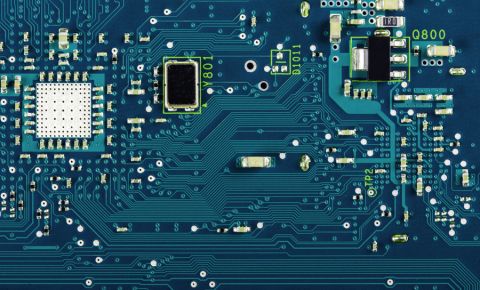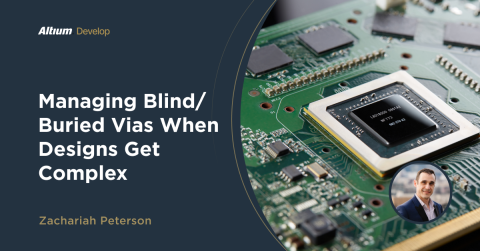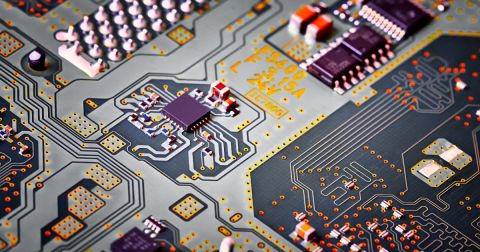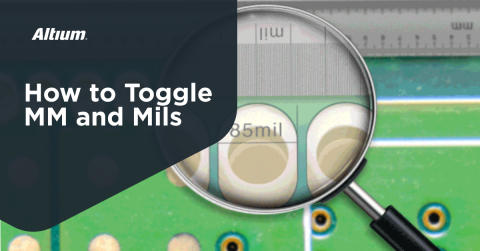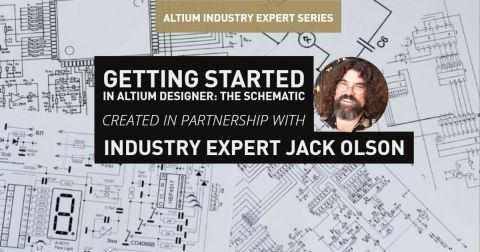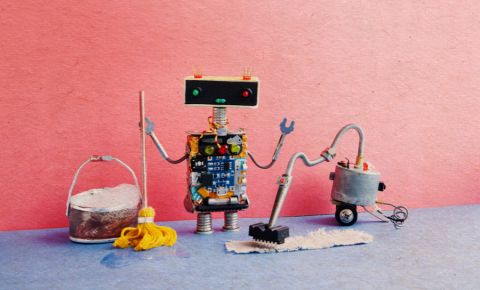Costs of Hiring Your First Electronic Engineer

Several years ago, one of my top consulting clients was interested in bringing me onto their team as a salaried employee. They did not have any electronics design/testing capability in-house, so they needed to set up a lab to allow me to work for them in their offices, rather than from home. Hiring your first electronic engineer or technician can be a big step for a company that has been outsourcing all of its projects.
The company that was looking to hire me did not sell an electronic device, but were providing a service to remote mining operations which included asset tracking. The commercial off the shelf product they were using for asset tracking was not well suited to the environmental and RF conditions of their clients’ sites, so they began developing an in-house product that meets their requirements. They knew what they wanted it to do, but not how to implement it, so they outsourced the design to me in the form of a technical specification. The prototypes looked promising, and they wanted to speed up the development cycle as well as have me research solutions to other pain points in their customers’ operations. Bringing me onto their team seemed like a good option, as it would greatly increase contact hours and allow more flexibility when distributing my availability on their upcoming projects. For me, the hourly rate as an employee would be lower than as a consultant, but the number of hours I would be working would increase giving me a higher income overall.
As mentioned earlier, they did not have any means of prototyping or testing electronics, there was not even a soldering iron within the company. As we were working on RF products together, the required lab specifications for developing their hardware were fairly significant. It would have cost them a hefty sum to meet, or exceed, my home setup of equipment.
In this article, I compiled a list of what I think are the main items to consider when hiring your first electronic engineer.
Computer
An engineer needs considerably more computing power than your average sales and marketing employee. Engineering software is hungry for processor, graphics, and memory resources. A low-end computer will result in wasted labor while an engineer waits for the computer to finish processing what he or she asked it to do, thus costing you more in the long run than buying a powerful computer would.
Take a look at my articles on buying an engineering desktop computer, or an engineering laptop. Unless your engineer is going to be on the road, working on-site, or at client locations, you’re better off getting a desktop computer as it offers significantly higher performance per dollar spent.
Software
Once you have a computer, you’re going to need software licenses. Software is going to cost considerably more than the hardware it is running on. I use Altium Designer® for my electronic engineering work, as I’ve found I can get more work done in a shorter period of time compared to low cost or free/open-source software. Altium is pretty much an industry standard, but you’ll want to have the software package your new hire is most productive in.
In addition to electronic design software, you may also need mechanical design software. Specifically, if the electronic components will need to be integrated into an enclosure or with custom mountings to equipment or vehicles, then mechanical design software is almost certainly going to be required. However, not all electronic engineers have additional skills in mechanical design, so this might be something you can look to outsource.
Electronics Lab
While this may vary based on the type of hardware you are developing, the electronics assembly, rework, and test hardware are likely going to be your greatest expenses. If the product you are developing employs high-frequency microwave radio transmission (5GHz+) and high power processing capabilities, the lab may cost more than your engineer would in the first year. An engineer with the right test equipment is far more productive than one scraping by with low-end equipment. By purchasing or leasing quality test equipment, you could save work days that your engineer would’ve otherwise spent in problem-solving.
The equipment required for an electronics lab is such a big subject, which you can get all the details and specs of by reading my Setting up an Electronics Lab article.
Hire or Outsource?
In my client’s specific case, the upfront cost for test equipment and other hardware was beyond their budget as a relatively new company. Due to the specialized hardware I was developing for them, my client required some very expensive test equipment which I already personally owned. Since it's not feasible to transport a piece of test equipment that costs more than a car to and from the office each day, they would have had to purchase their own equipment if they decided to hire their own engineer. This is one of the advantages of consultants and freelancers: part of their higher hourly rate covers the cost of the equipment they own and require to do their work.
While, in this case, it was not feasible for them to hire an engineer, if you have less specialized engineering requirements, you may find it cheaper to have someone on the team that can work full-time on your hardware, thus getting you a return on investment quicker and more efficiently.
The best results come from PCB design services using Altium Designer. Would you like to find out more about how Altium can help you with your next PCB design? Talk to an expert at Altium.
